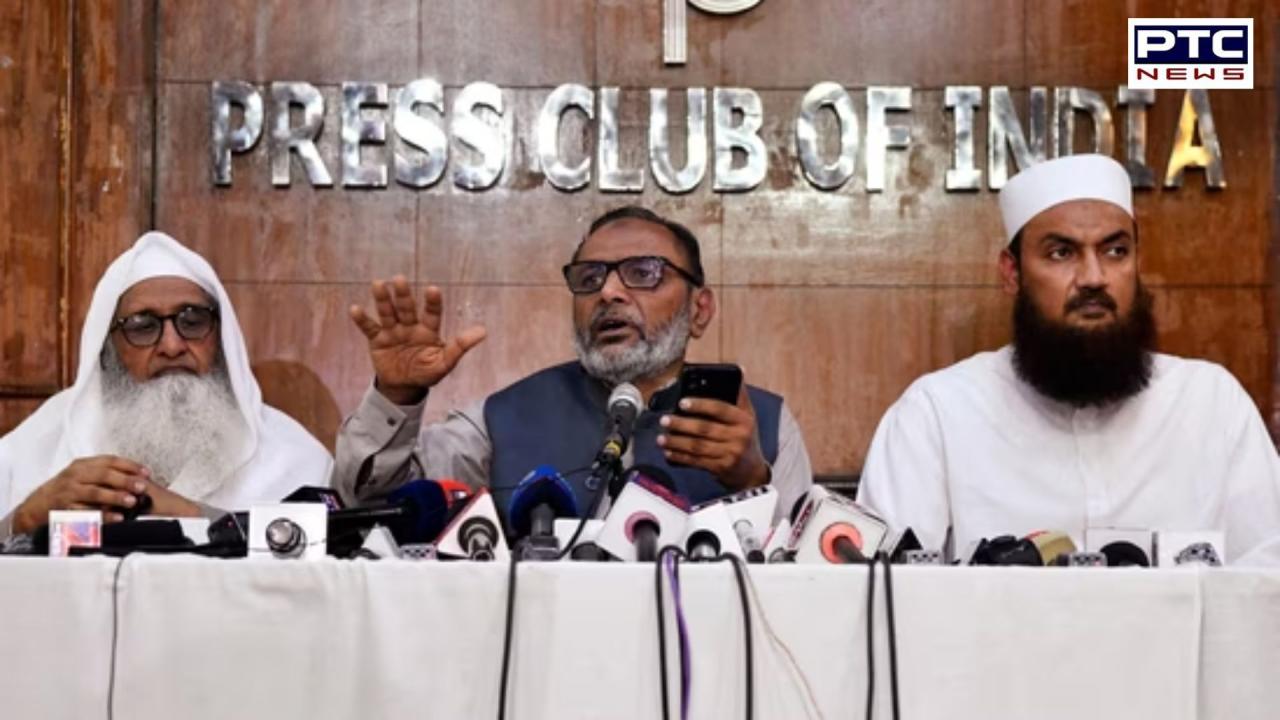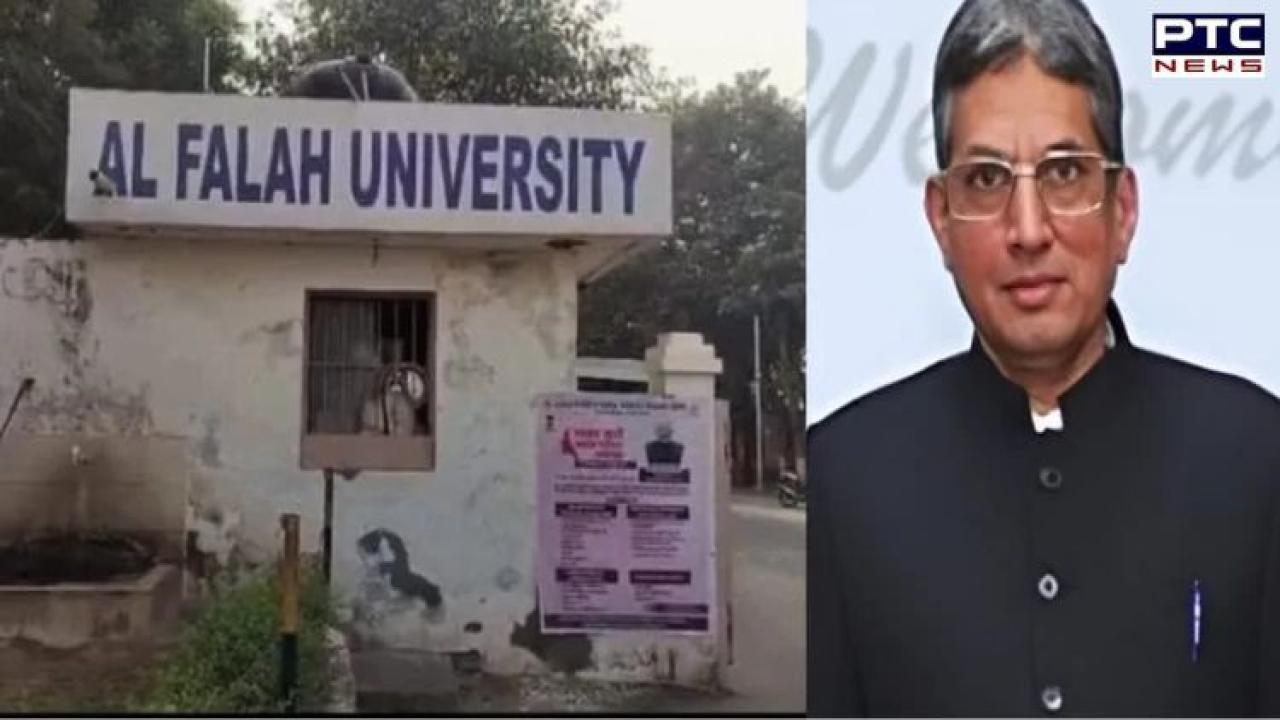All India Muslim Personal Law Board rejects Uniform civil code proposal
According to the All India Muslim Personal Law Board, Muslims will never compromise on Sharia Law, so they do not accept a unified or secular civil code.

PTC News Desk: The All India Muslim Personal Law Board (AIMPLB) has firmly rejected the proposal for a uniform civil code, asserting that such a code would be unacceptable to Muslims who remain committed to Sharia law.
In a statement issued on Saturday, the AIMPLB criticised Prime Minister Narendra Modi's recent call for a secular civil code during his Independence Day speech. The board described the Prime Minister's remarks, which labeled religious personal laws as communal, as highly objectionable.
Prime Minister Modi had argued that the current civil code promotes discrimination and divides the country along religious lines. "A significant portion of society believes, and rightly so, that the existing civil code is in fact a communal civil code. It fosters discrimination and perpetuates inequality," he said.
Also Read: Kolkata doctor murder accused to face psychoanalysis test as PM urged to intervene
The AIMPLB's spokesperson, Dr. SQR Ilyas, expressed astonishment at the Prime Minister's suggestion that personal laws based on religion, such as Sharia, are communal. According to Dr. Ilyas, Muslims in India have the constitutional right to practice religious laws as stipulated in the Shariat Application Act of 1937 and protected under Article 25 of the Indian Constitution, which guarantees the fundamental right to profess, propagate, and practice religion.
Dr. Ilyas also pointed out that family laws for other communities are similarly based on their religious and traditional practices. He criticized the move towards a uniform civil code as an unwarranted imitation of Western legal systems.
Furthermore, Dr. Ilyas argued that the directive principles cited for advocating a uniform civil code are not legally enforceable and accused the Prime Minister of misleading the public by focusing on Sharia law. He warned that this could exacerbate divisions based on class, caste, and tribe.
In conclusion, Dr. Ilyas urged the nation to reflect on the sacrifices and aspirations of India's freedom fighters and resist the polarisation and religious animosity promoted by such proposals.
Also Read: Centre to states on Kolkata murder protests; submit updates every 2 hours


